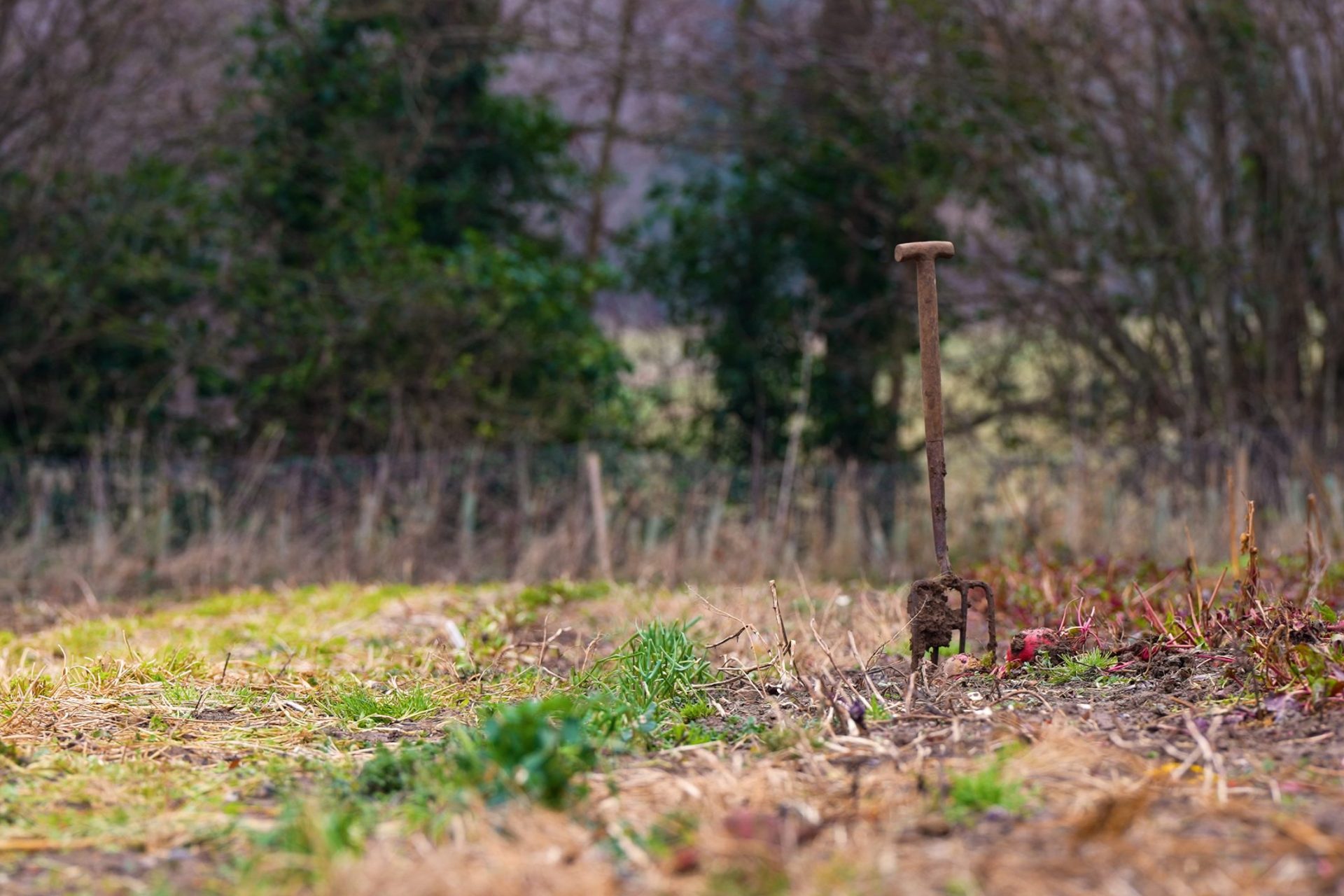
Kent researchers working with a local farm have found promising results in the sustainable growth of black soldier fly larvae – which offer an innovative way of tackling food waste, environmental impact and cost.
Working with Bio Conversion Hub producer Inspro, the researchers from Kent’s School of Natural Sciences have tested a novel bio-conversion unit (BSU) based at Bank Farm in Aldington to assess its viability for extensive Black Soldier Fly Larvae production at an industrial scale. This provides real-world analysis of how Black Soldier Fly Larvae could be used to provide an eco-friendly approach to animal feed.
Black Soldier Fly Larvae are recognised as a sustainable feed additive for livestock and can help create a more complete system for farms by recycling food waste into eco-friendly protein and fertiliser. The BCU’s effectiveness in converting organic byproducts into valuable biomass through the production of Black Soldier Fly Larvae was assessed to reduce the farm’s reliance on environmentally taxing feed sources, such as soy and fishmeal.
The researchers analysed the gut microbiome of the larvae to understand how it behaves when reared on different waste diets at a large scale. They found that larvae reared on low-bioburden substrate (waste with very few germs) in the BCU demonstrated comparable or improved protein and fat content compared to those reared on animal feed. Micronutrient analysis revealed elevated calcium levels, among other essential elements, in the byproduct-fed larvae – further supporting their potential as a nutritious livestock feed additive.
The next steps of the research project, funded by Growing Kent and Medway, will involve further optimising the microbiome of the larvae and also utilising their frass (the digested material/waste from the larvae) as a soil supplement.
Dr Anastasios Tsaousis who is leading the project with colleagues in Kent’s School of Natural Sciences, said: ‘We aim to optimise the microbiome of the larvae to act as a ‘Trojan horse’ — meaning the larvae can deliver beneficial microbes to other animals through feed, thereby helping to improve animal gut health.’
With further funding from Growing Kent and Medway, the team is also looking at optimising the frass as a regenerative agricultural product, turning it into a soil amendment to improve soil health and crop growth on the farm.
Richard Small, Founder of Inspro, said: ‘We are pleased to work closely with Doug Wanstall at Bank Farm and Tasos at the University of Kent and to have received grant support from Growing Kent and Medway. As an SME start-up operating in a largely linear economy where markets are not yet made and the supply chain is not established, we require grant support and close stakeholder cooperation. The two outputs from bioconversion of waste by Black Soldier Fly Larvae are larvae, as feed and frass, as a fertiliser and soil enhancer. Frass is so much more than just the sum of its macro nutrients, Nitrogen, Potassium and Phosphate. This research is beginning to uncover the vast and diverse potential.
‘The amino and fatty acid profiles in Black Soldier Fly Larvae offer benefits that exceed their macronutrients. Food from livestock fed on insects have a lower environmental impact. The market for such foods, like eggs and chicken, is still to be established. Ongoing research is essential if we are to better value the huge quantities (10 million tonnes) of food waste produced in the UK every year. This excludes animal wastes such as dairy slurry in which Black Soldier Fly Larvae have a pivotal bioremediation role, subject to amendments to UK regulations and ongoing research.’
The research paper ‘Bridging lab and industry: The impact of a bio-conversion unit on black soldier fly larvae production and microbiome dynamics’ is published by the Journal of the Science of Food and Agriculture. doi: 10.1002/jsf2.70010




